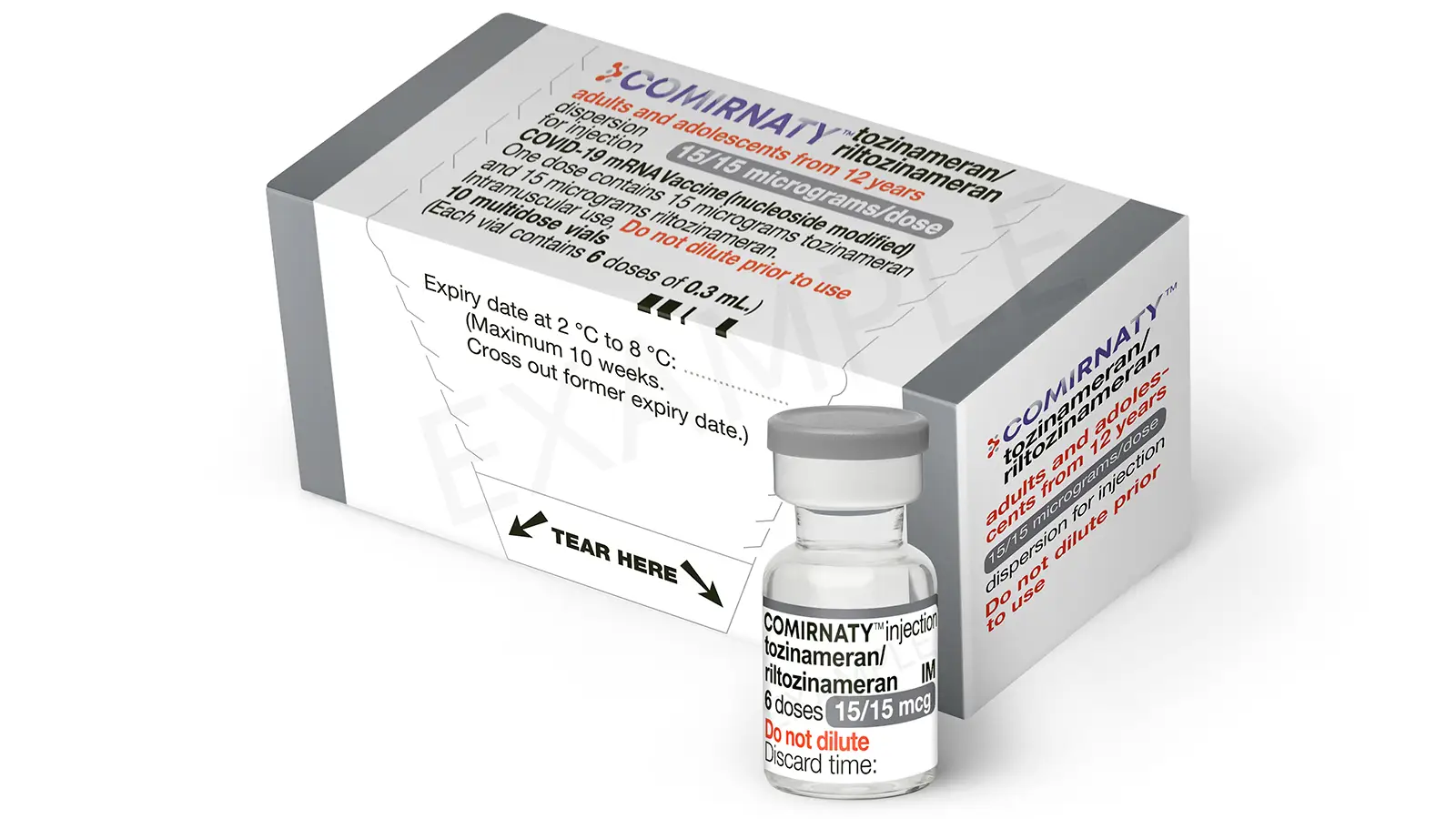CDC, FDA Flag Early Signal of Stroke Risk With Bivalent COVID Vaccine
— One surveillance system detects potential link in seniors, yet multiple others show none
An early signal of stroke risk was detected in older adults who received Pfizer-BioNTech’s bivalent COVID-19 vaccine, the FDA opens in a new tab or window and CDC opens in a new tab or window announced in a joint statement late on Friday, yet the agencies found no link in further analyses and are not recommending a change in COVID-19 vaccination practice.
According to the agencies, incidence of ischemic stroke in CDC’s Vaccine Safety Datalink (VSD) among individuals 65 and up in the 21 days following vaccination with Pfizer’s bivalent booster “met the statistical criteria to prompt additional investigation” when compared with the 22-44 days thereafter.
However, subsequent analyses of the Vaccine Adverse Event Reporting System, the Centers for Medicare & Medicaid Services database, and a preliminary study of the Veterans Affairs database turned up no signal for an increased risk with either Pfizer or Moderna’s bivalent vaccines, both of which were first authorized opens in a new tab or window in late August.
Furthermore, Pfizer-BioNTech’s global safety database detected no signal for ischemic stroke with their updated vaccine, nor have surveillance systems from other nations.
“Often these safety systems detect signals that could be due to factors other than the vaccine itself,” the agencies stated. “All signals require further investigation and confirmation from formal epidemiologic studies. When one system detects a signal, the other safety monitoring systems are checked to validate whether the signal represents an actual concern with the vaccine or if it can be determined to be of no clinical relevance.”
The CDC and FDA noted that confounding factors may have contributed to the signal identified.
“Although the totality of the data currently suggests that it is very unlikely that the signal in VSD represents a true clinical risk, we believe it is important to share this information with the public, as we have in the past, when one of our safety monitoring systems detects a signal,” they noted.
These and other data from vaccine safety systems will be presented at an already-scheduled January 26 meetingopens in a new tab or window of FDA’s Vaccines and Related Biological Products Advisory Committee, according to the statement.

